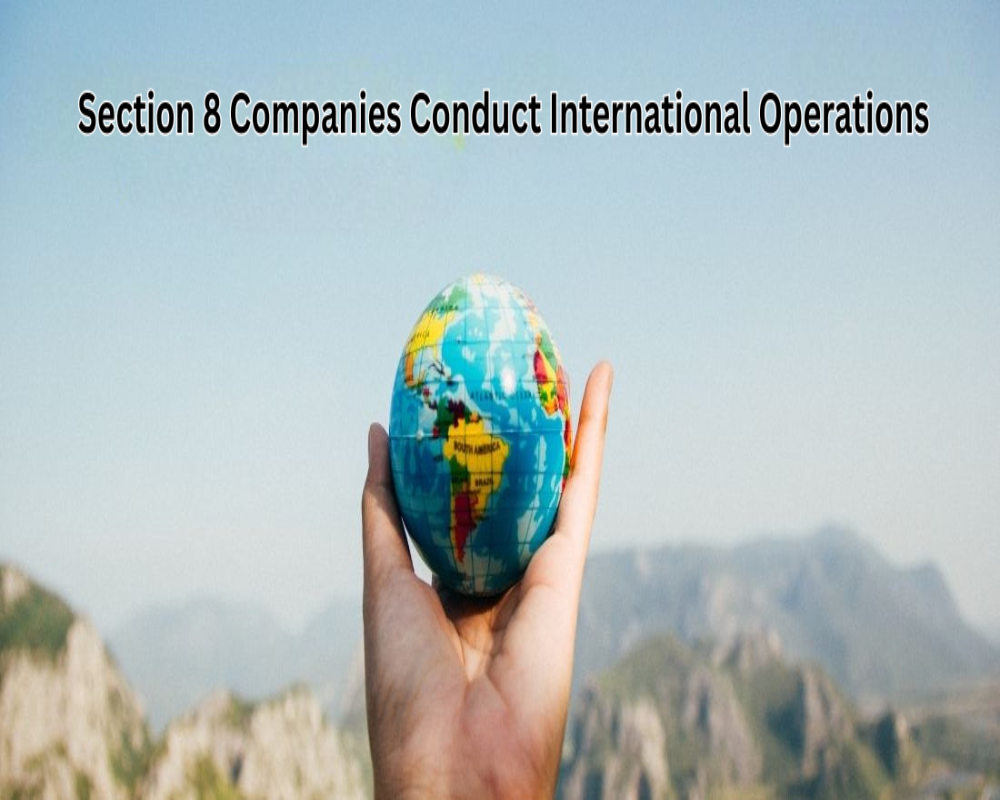1. Permitted Scope of International Operations
- Yes, a Section 8 company can legally conduct international operations, provided such activities align with its charitable or non-profit objectives.
- International activities may include collaborations, research, training, advocacy, relief work, and partnerships with foreign organizations.
- The company must ensure that its core purpose remains non-commercial and promotes welfare.
- All cross-border operations must be transparent and legally compliant.
- Activities must not violate any laws of the countries in which they operate.
2. Mandatory Foreign Contribution Regulation Act (FCRA) Registration
- To receive foreign funds or contributions, the company must be registered under the Foreign Contribution Regulation Act (FCRA), 2010.
- This registration is issued by the Ministry of Home Affairs (MHA).
- Without FCRA approval, no Section 8 company can accept donations, grants, or assistance from foreign sources.
- FCRA registration requires detailed disclosures of the company’s objectives, past activities, and fund utilization.
- Once registered, the company must file annual returns and maintain a separate bank account for foreign contributions.
3. International Collaborations and MOUs
- Section 8 companies can enter into MOUs or formal partnerships with foreign NGOs, governments, or agencies.
- These agreements must support projects like education, environment, healthcare, or skill development.
- Any financial transactions must comply with Indian tax, FCRA, and exchange control laws.
- The partnerships must not conflict with the company’s Memorandum of Association.
- The nature and scope of such alliances should be documented and reported properly.
4. Compliance with FEMA and RBI Regulations
- Cross-border transactions and foreign funding are also governed by the Foreign Exchange Management Act (FEMA) and rules issued by the Reserve Bank of India (RBI).
- Proper reporting of foreign receipts and payments is mandatory through authorized banks.
- RBI guidelines must be followed for international consultancy, donations, and service agreements.
- Violation of FEMA norms can lead to fines, penalties, and cancellation of FCRA registration.
- Accurate financial records and legal documentation are essential.
5. Governance and Regulatory Oversight
- Section 8 companies with international operations are subject to greater regulatory scrutiny.
- They must maintain detailed records of foreign projects, fund sources, and expenditure.
- All such activities must be disclosed in financial statements, audit reports, and compliance filings.
- Non-compliance may attract investigations by the MHA, Income Tax Department, or Enforcement Directorate.
- It is important to adopt internal controls and transparency in all overseas dealings.


0 Comments